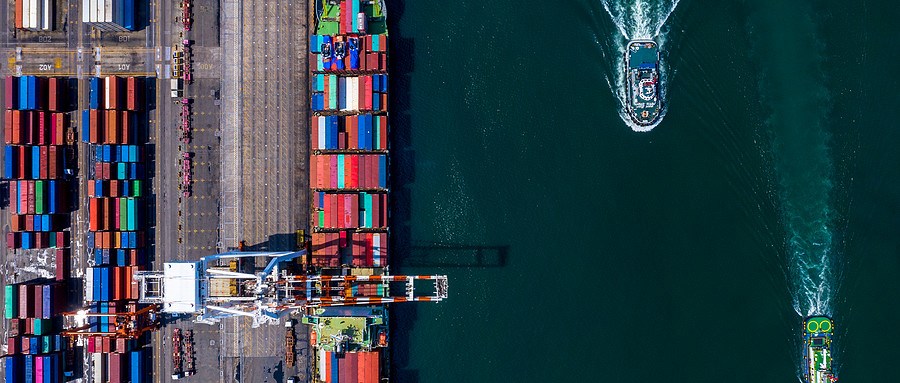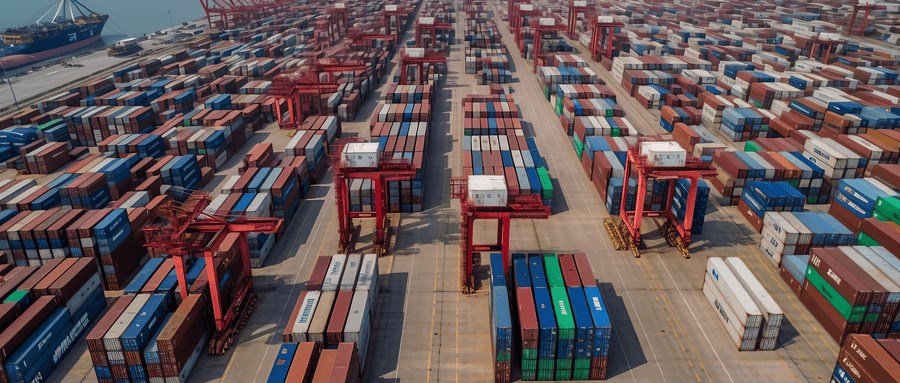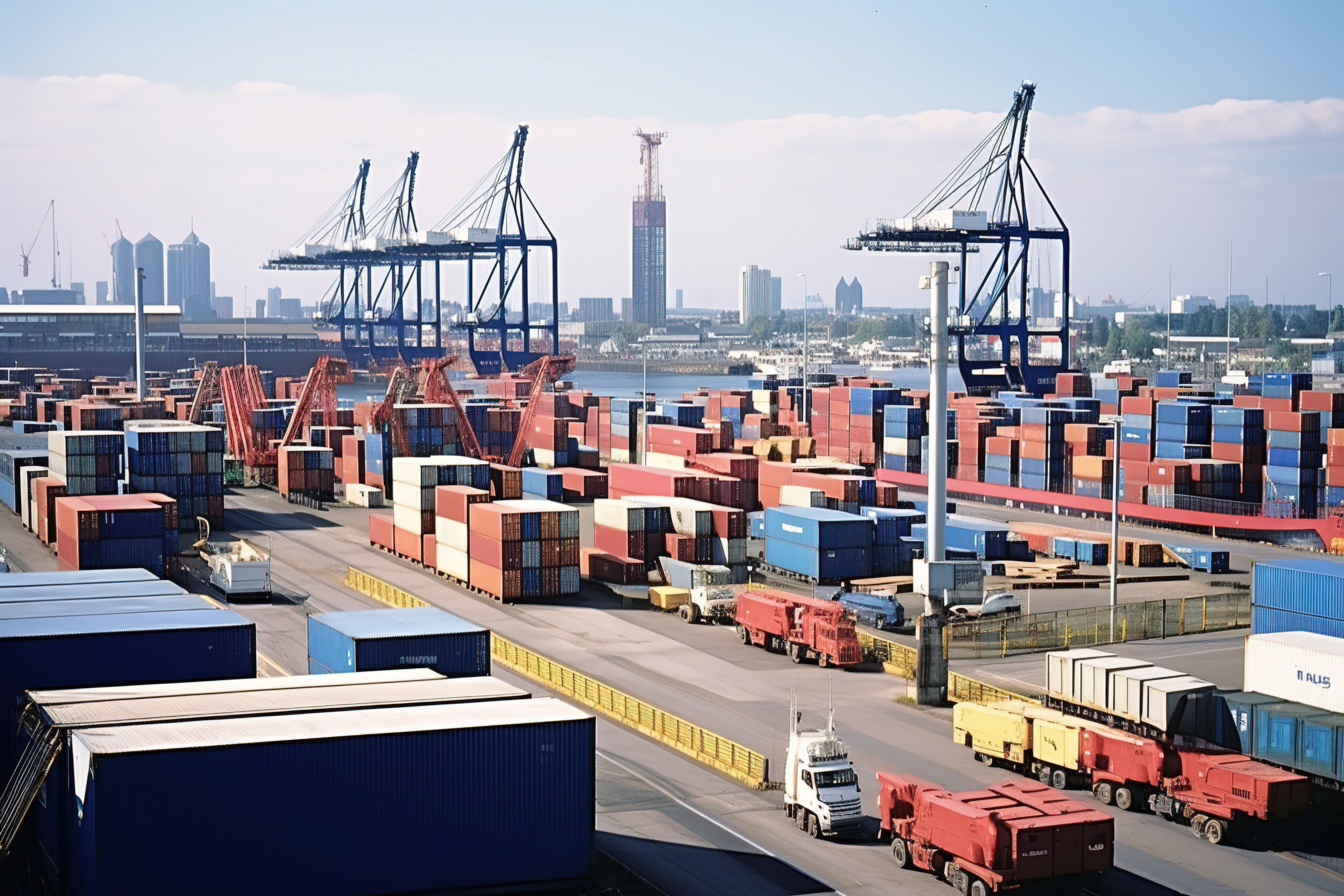In today's globalization, international trade has become an important link connecting the economies of all countries in the world. Foreign trade, as an important part of international trade, has an important impact on national economic development and personal career planning. International trade not only promotes economic exchanges between countries, but also promotes the optimal allocation of resources and the spread of technology. Today, we will discuss the purpose, process, advantages, opportunities and challenges of foreign trade.
1、 Purpose of foreign trade
1. Expand the market
Enterprises will introduce products or services to the international market through foreign trade, break through the limitations of the domestic market, and find a broader customer base, thus increasing sales and profits. For example, China's smart phone manufacturers have sold their products to all parts of the world through foreign trade, occupying a certain international market share.
2. Access to resources
Resources are unevenly distributed in various countries. Foreign trade enables enterprises to obtain domestic scarce or high priced raw materials, parts and other resources, reduce production costs and improve product competitiveness. For example, some countries meet the demand of domestic industrial production by importing oil, iron ore and other resources.
3. Learn advanced technology and management experience
In the process of cooperation and exchange with international enterprises, foreign trade enterprises can learn from foreign advanced technology and management experience, and improve their innovation ability and operational efficiency. For example, China has achieved rapid industrial development in automobile manufacturing, electronic technology and other fields through the introduction of technology and management models.

2、 Process of foreign trade
1. Market research
Understand the needs, regulations, culture and competitors of the target market, and provide basis for product positioning and marketing strategy formulation.
2. Looking for customers
Find potential foreign customers by participating in international exhibitions, using network platforms, entrusting trade intermediaries, etc.
3. Negotiation and cooperation
Negotiate with customers on product price, quality, delivery date, payment method and other terms, reach cooperation intention and sign a contract.
4. Production and goods preparation
Organize the production or purchase of goods according to the contract requirements to ensure that the goods are prepared on time, with quality and quantity.
5. Logistics transportation
Select appropriate transportation modes, such as sea transportation, air transportation and land transportation, to transport the goods to the destination.
6. Customs declaration and inspection
Handle the customs declaration and inspection procedures for the import and export of goods, and ensure the legal and compliance clearance.
7. Payment Settlement
Complete the payment of goods according to the payment methods agreed in the contract, such as letter of credit, telegraphic transfer, collection, etc.
8. After sales service
Provide customers with after-sales services such as product installation, commissioning and maintenance, and maintain customer relations.

3、 Advantages of foreign trade
1. Large profit space
The price difference in the international market is large, and enterprises can obtain higher profit returns through foreign trade. For example, some Chinese traditional handicrafts are sold at a much higher price in foreign markets than in China.
2. Diversify risk
Reduce the dependence on the domestic market and reduce the risks caused by fluctuations in the domestic market. When the domestic economy is depressed, the foreign trade business may still maintain stable growth.
3. Improve brand awareness
The successful operation in the international market will help to enhance the international popularity and reputation of the enterprise brand and lay the foundation for the long-term development of the enterprise.
4. Promote industrial upgrading
Foreign trade promotes enterprises to continuously improve product quality and technical level, promote industrial structure adjustment and upgrading, and improve the economic competitiveness of the whole country.

4、 Opportunities for foreign trade
1. The rise of emerging markets
With the development of the global economy, some emerging market countries such as India, Brazil, Russia and other countries have witnessed rapid economic growth and strong market demand, providing new development opportunities for foreign trade enterprises.
2. E-commerce development
The rise of cross-border e-commerce platforms has lowered the threshold and cost of foreign trade, enabling SMEs to easily carry out international trade.
3. Free Trade Agreement
Free trade agreements signed between countries, such as regional comprehensive economic partnership agreements( RCEP )And reduced trade barriers and promoted trade liberalization and facilitation.
4. Green trade demand growth
Global attention to environmental protection products and sustainable development is increasing, and green trade has become a new growth point. Enterprises developing environmental protection products can meet the needs of the international market.

5、 Challenges of foreign trade
1. Trade protectionism
Some countries have taken trade protection measures, such as raising tariffs and setting trade barriers, which have restricted the development of foreign trade. For example, the United States has imposed high tariffs on some Chinese goods in recent years.
2. Exchange rate fluctuations
The instability of exchange rate will affect the profits and costs of enterprises. When the domestic currency appreciates, the price of export products increases relatively and the competitiveness decreases; On the contrary, the import cost increases.
3. Cultural differences
There are differences in culture, customs and business rules between different countries and regions, which may lead to poor communication, market understanding deviation and other problems, affecting trade cooperation.
4. Complex laws and regulations
Trade laws and regulations vary from country to country and are constantly changing. Enterprises need to understand and comply with them in a timely manner, otherwise they may face legal risks and trade disputes.
5. High logistics cost
International logistics involves long transportation distance, many links, high logistics costs, and may be affected by force majeure factors, such as the logistics blocked by epidemic.

Foreign trade not only has broad prospects for development, but also faces many challenges. Enterprises should fully understand the purpose, process, advantages, opportunities and challenges of foreign trade, formulate scientific and reasonable strategies and strategies, and actively respond to various difficulties and risks in order to succeed in the international market.
Xingtian Derun has 12 years of overseas marketing experience, which can help foreign trade enterprises build independent stations to Google SEO optimization services, combined with exclusive search algorithms, artificial intelligence, and data mining technology, help foreign trade enterprises to display their brand products overseas, achieve keyword ranking on Google's home page, obtain accurate customer sources, and match with global popular social media platforms, Xingtian's whole journey accompanying and in-depth training services help enterprises expand the market all over the world, and achieve the effect of low-cost customer acquisition and brand promotion!

















